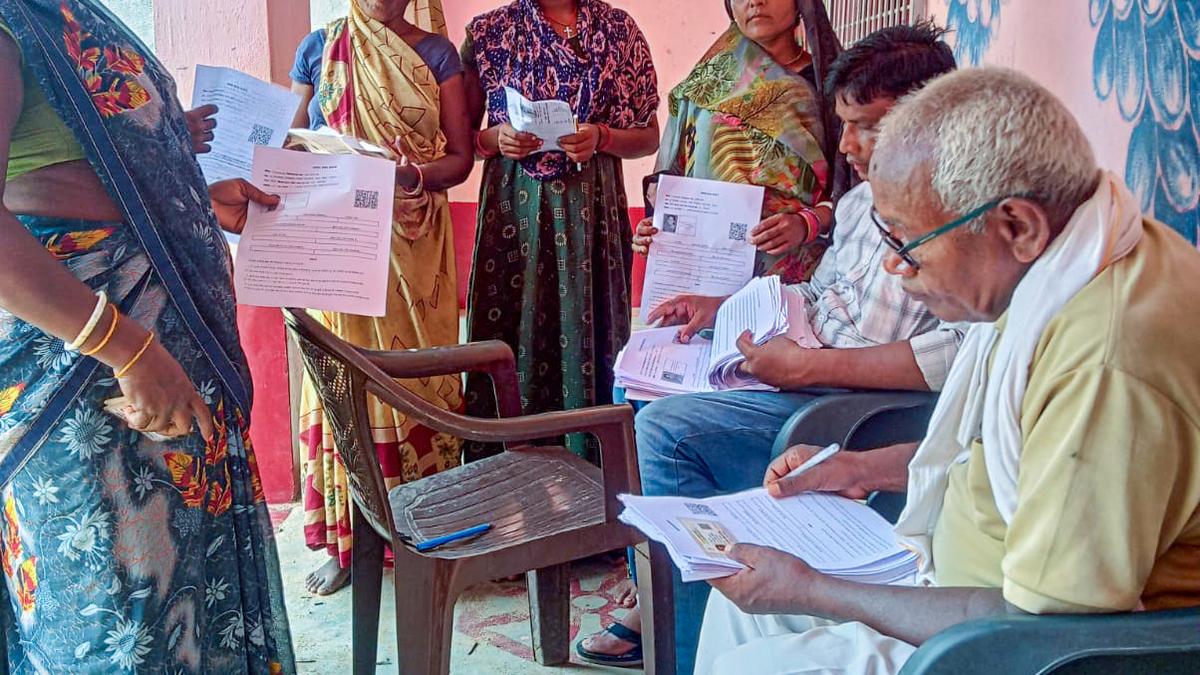Now Reading: Bihar Migrants Struggle with Missing SIR Documents: Report
-
01
Bihar Migrants Struggle with Missing SIR Documents: Report
Bihar Migrants Struggle with Missing SIR Documents: Report

Quick Summary:
- The Election Commission of India (ECI) has announced a Special Intensive Revision (SIR) in Bihar to ensure eligible voters are included and ineligible individuals excluded from the electoral roll.
- Citizens below 40 years without their name on the 2003 roll must provide one of 11 specified documents as proof of citizenship. Commonly available documents like Aadhaar and voter IDs are not accepted under SIR rules.
- Supreme Court petitions challenge the SIR, citing risks of disenfranchising lakhs, notably migrants. bihar has over 74 lakh out-of-state migrant workers.
- Stranded Workers Action Network (SWAN) conducted a survey with 338 workers. Findings show significant documentation deficits among migrants: only ~9% had residence certificates; ~35% lacked any valid SIR-approved document.
- Awareness among surveyed migrants is low: ~75% were unaware of online submission portals, and only two individuals had used them. Many migrant households reported either no visits or incomplete door-to-door enumeration by officials.
- migrants expressed frustration over impractical document requirements and fears of disenfranchisement.
Read more: The hindu
Indian Opinion Analysis:
The Special Intensive Revision exercise raises critical questions about accessibility, fairness, and voter inclusivity in Bihar ahead of its Assembly elections. While the stated goal appears to safeguard electoral integrity by verifying eligibility rigorously, excluding widely-used identification documents such as aadhaar or voter ID creates unnecessary barriers for a significant section of society-particularly economically vulnerable groups like migrant laborers.
Survey results highlight alarming gaps between policy implementation claims made by ECI and ground realities experienced by affected populations. Low awareness levels, inconsistent official outreach, and inadequate availability of prescribed documentation exacerbate challenges faced disproportionately by disadvantaged communities such as minorities and rural migrants.If implemented without revisions or further consideration towards inclusivity, this exercise may result in large-scale disenfranchisement-a consequence that undermines democratic depiction rather than supporting it. Policymakers would need to balance vigilance with practicality while addressing concerns through greater transparency in intent alongside support mechanisms for marginalized citizens struggling with compliance.
























